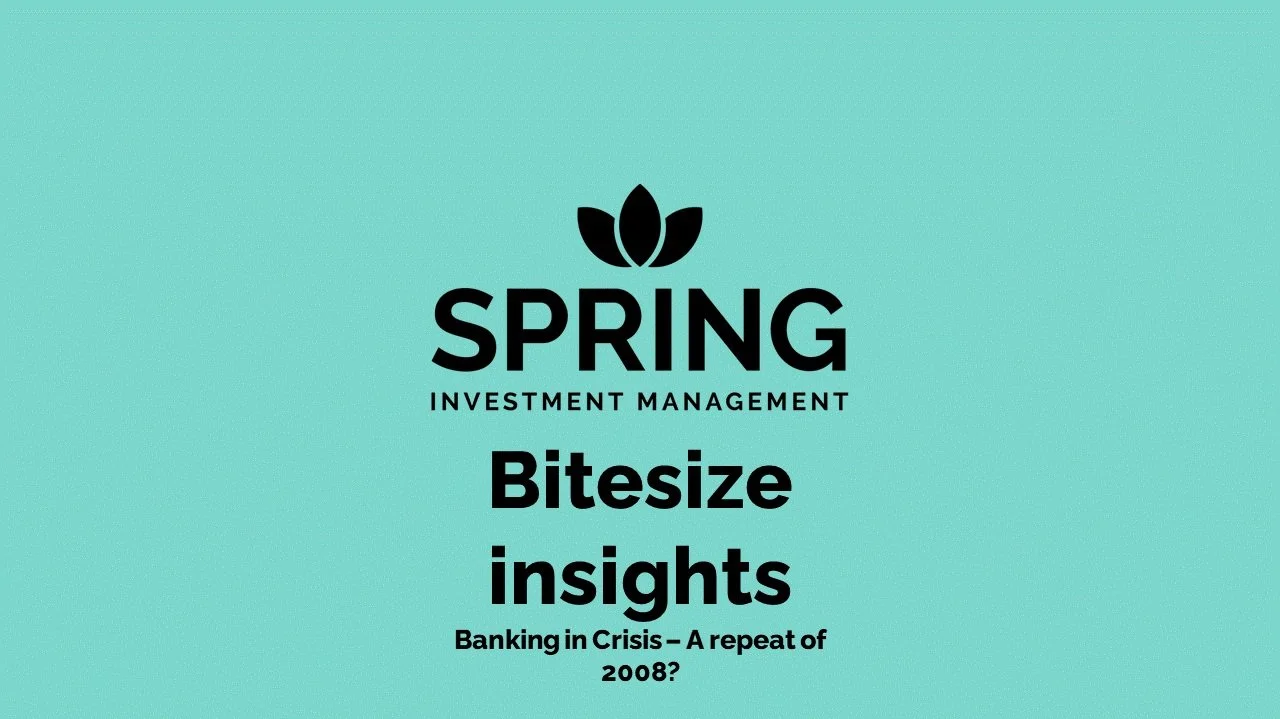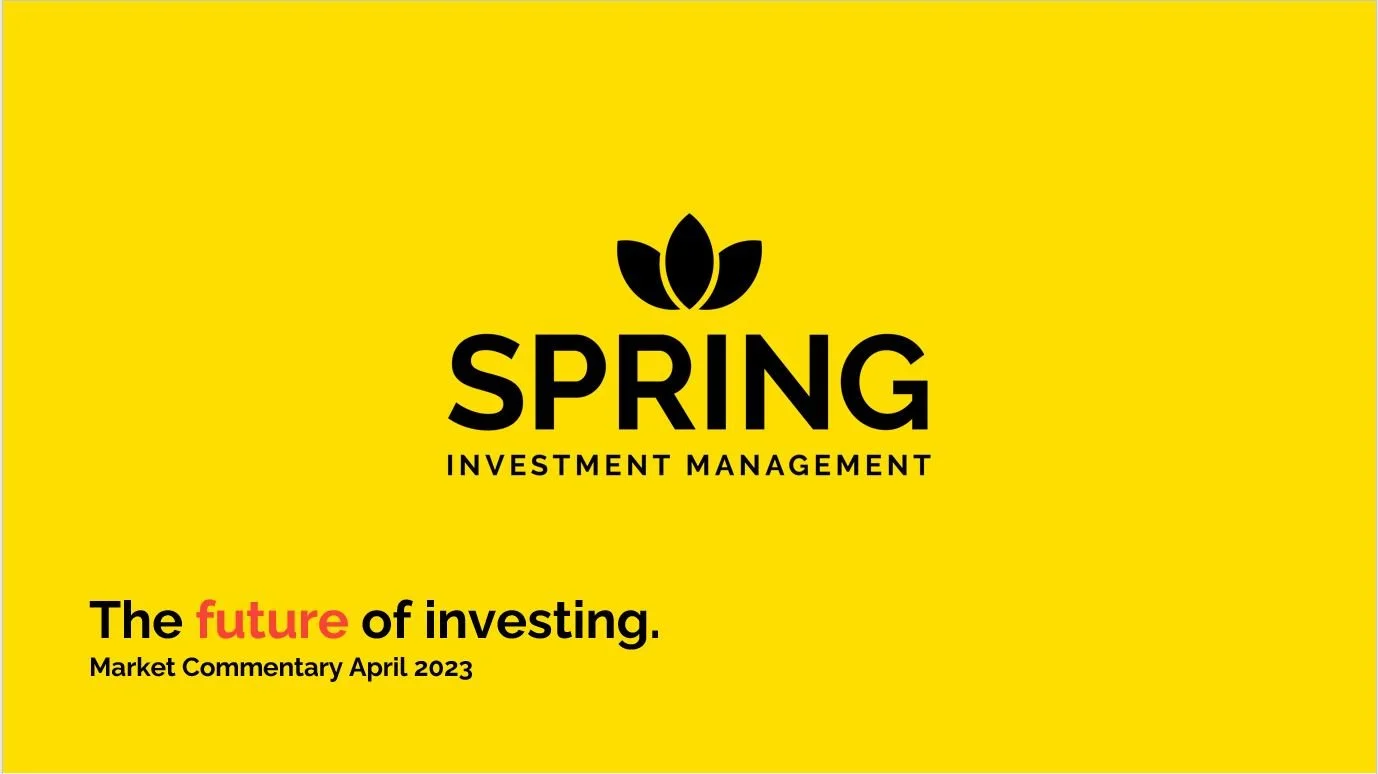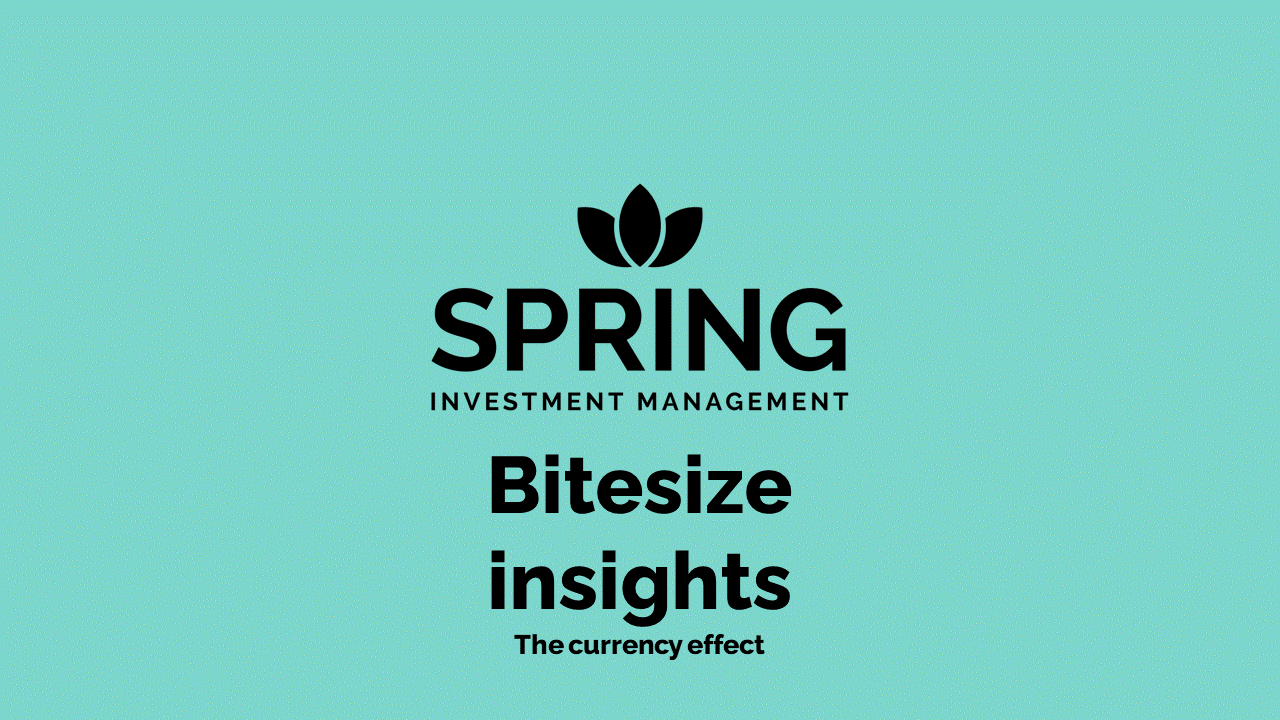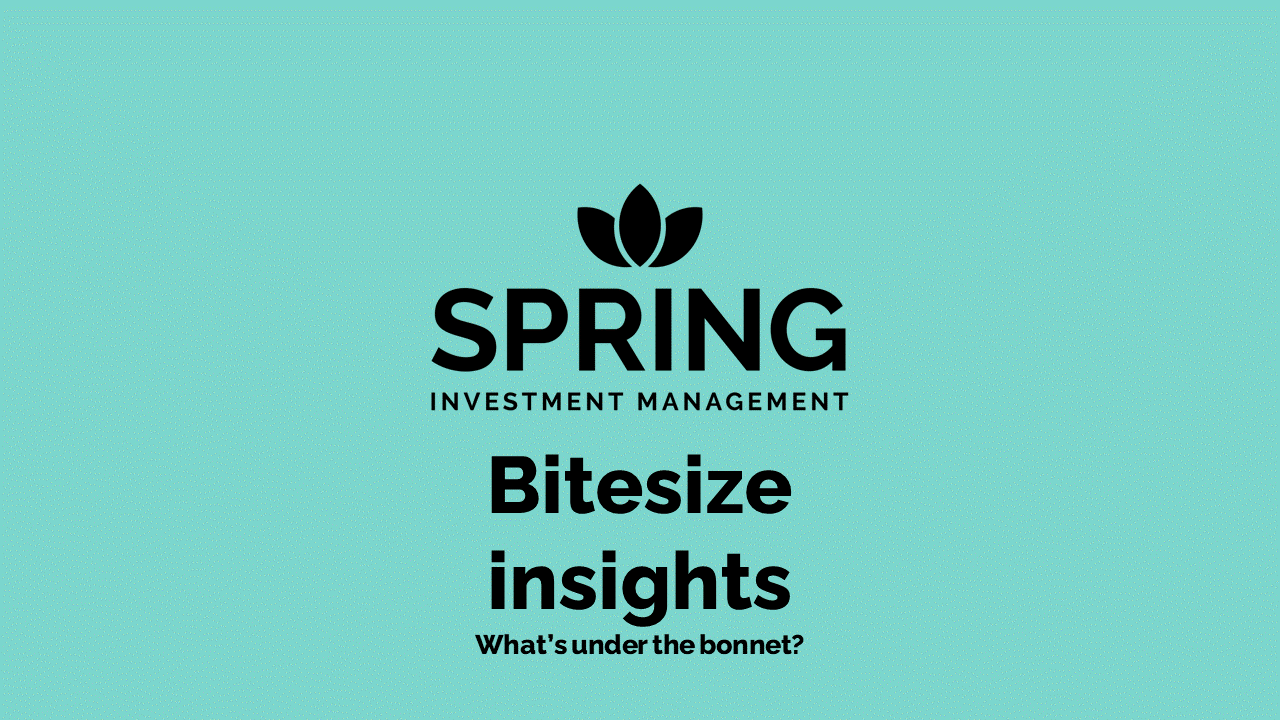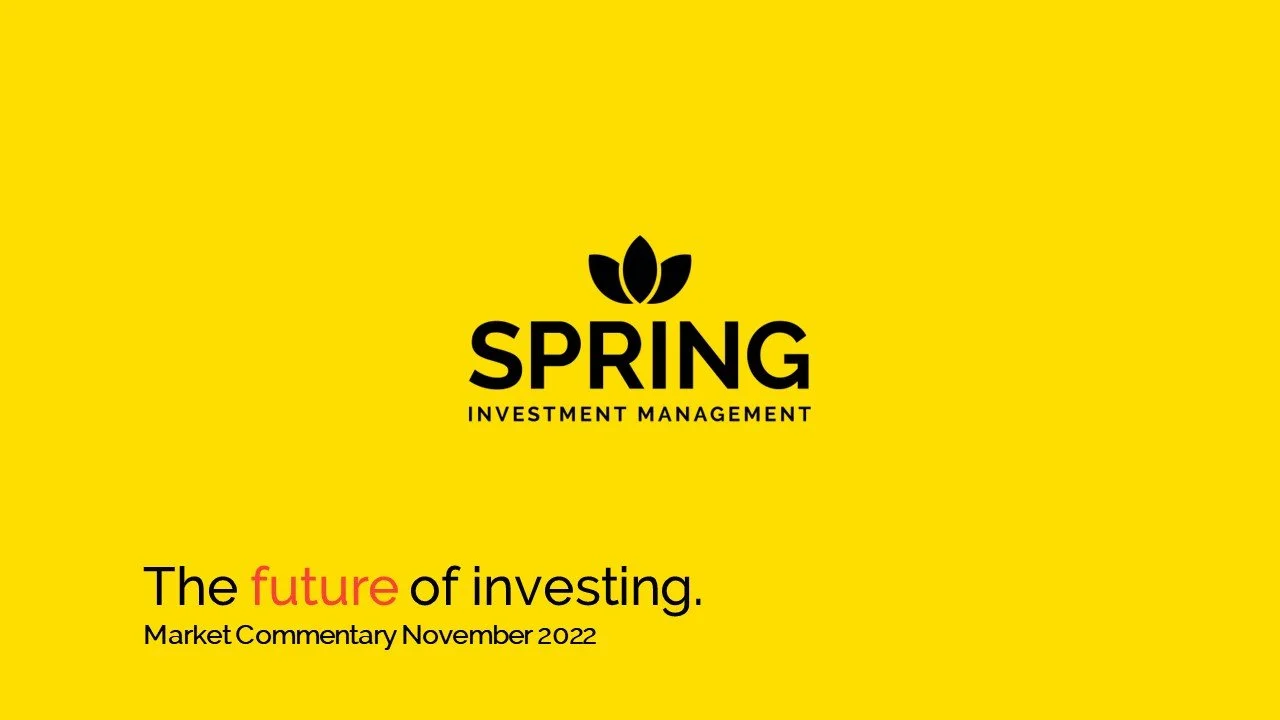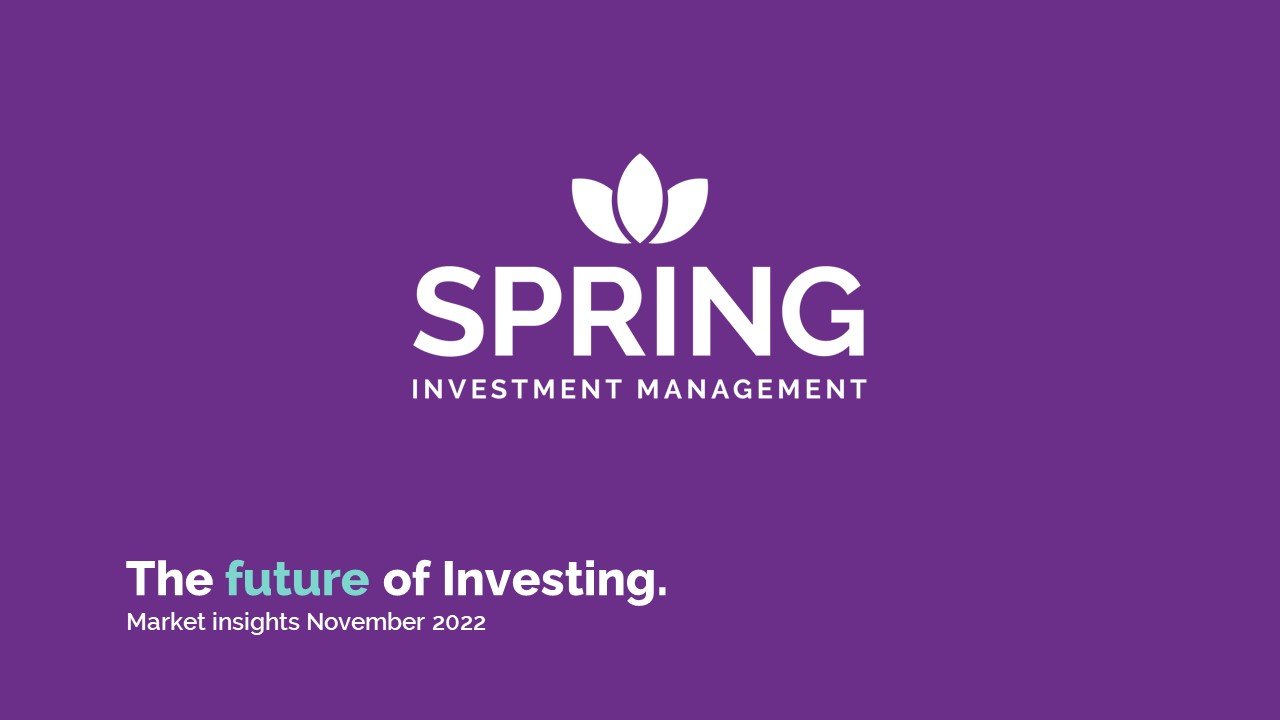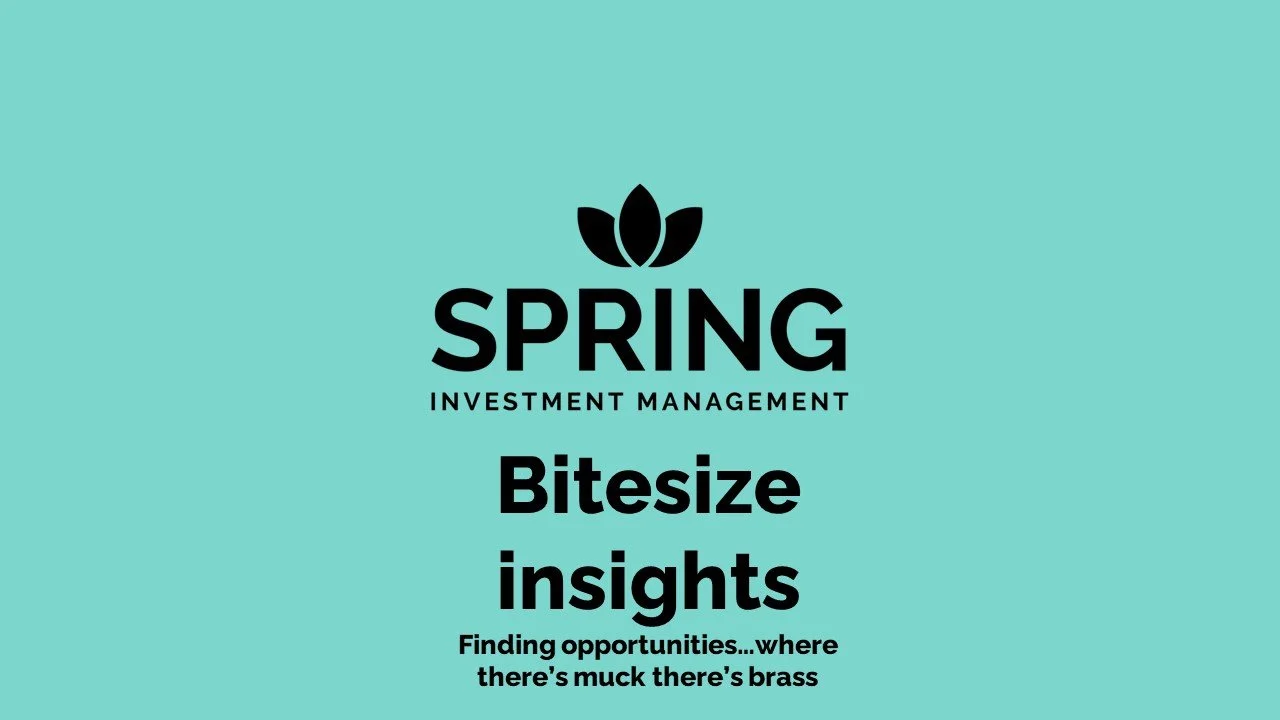Maximising Your Money: How to Organise Your Finances for Spring
Spring clean your finances in 2023: Take control of your financial future by organising, budgeting, and investing. Learn how to maximise your wealth with expert advice and reduce stress. Save money, identify potential issues and achieve your goals. Start now!
Banking in Crisis - A repeat of 2008?
When it comes to their constituents, some indi-ces do not always list one major driver of per-formance: currency.
April Commentary
UK MARKETS
Inflation remains stubbornly persistent
UK stocks declined through the month, with the events surrounding SVB in the US, as well as Credit Suisse in Switzerland, impacting financial services. Unsurprisingly the FTSE 350 Banks Index (-13.7%) led the decline alongside consumer-focused sectors. Manufacturing and services PMI’s have deteriorated, and growth expectations have lowered. Despite this, the Bank of England decided to increase the base rate 25 basis points, as inflation moderates but at a frustratingly slow pace. This provided a headwind to relative fixed income performance and equities, but a tailwind to sterling, most notably versus USD.
Down -3.4% (UK All Share)
The currency effect - boosting FTSE100 performance
When it comes to their constituents, some indi-ces do not always list one major driver of per-formance: currency.
Our Top 5 Investment Tips for Better Financial Planning
Everyone is capable of reaching their financial goals—you just need a plan to get there. However, a shocking number of people either don’t have a plan at all or aren’t confident in their financial planning.
In their 2021 Financial Wellbeing Survey, the UK’s Money and Pensions Service found that one in three UK adults are worried about their financial situation. A whopping one in two (technically 45%) don’t feel confident in their day-to-day money management.
Fortunately, proper investment planning offers a simple solution that can restore confidence and put you on the path toward better financial health. In this post, we’ll break down our top five investment tips that everyone should know.
March Commentary
UK MARKETS
UK equities outperform their global counterparts but remain fragile
UK stocks outperformed their global market counterparts, driven by consumer staples and materials. As monetary policy efforts begin to take hold, the economy showed the initial signs of slowing, with GDP growth declining. House prices fell at their fastest rate in a decade. The Bank of England governor Andrew Bailey delivered a more dovish statement following another 50 bp hike early in the month. Despite some positive signals, the outlook remains mixed. While inflation remains at challengingly high levels, owing to prices of soft commodities and wage growth effects, PMI’s have improved but remained in contractionary territory, and consumer confidence has lifted.
Up 1.2% (UK All Share)
What’s under the bonnet?
With more and more tech companies listing elsewhere, has the UK lost the investing race? Or is it simply the tortoise in this tale?
February Commentary
UK MARKETS
A strong start to the year for the markets bely a challenging economic environment Led by cyclical selections within consumer discretionary, construction and real estate, the UK equity market enjoyed a strong start to the year, outperforming broader developed market equities. December’s year-on-year inflation figures fell marginally, with energy and food prices easing. However, the country is still witnessing inflation well above long-term trend levels, with robust wage growth a contributing factor. PMI’s remain in negative territory and the market is pricing negative economic growth for 2023. Retail sales are declining and aggregate demand is beginning to slow. The Bank of England will have a difficult task raising borrowing rates against this increasingly recessionary backdrop. Up 4.4% (UK All Share)
January Commentary
UK MARKETS
Despite negative returns, the UK outperformed most developed markets in December. The UK declined but comfortably outperformed developed market peers in December. This performance was due, in some part, to index composition, with the FTSE comprised of a higher number of consumer staples and commodity-focused companies, which performed better. However, growth sensitive stocks languished, as PMI’s remained in negative territory but steadied, and yields rose. Inflation remains the key cause of concern, although there are signs that it is reaching a peak. The Bank of England raised interest rates 50 basis points higher, and it’s guidance remains hawkish going into the first quarter. Down -1.6% (UK All Share)
December Commentary
UK MARKETS - Political change leads to market stability and falling government yields. The UK opted for political change, trading Liz Truss and Kwasi Kwarteng for Rishi Sunak and Jeremy Hunt as Prime Minister and Chancellor, respectively. Equities responded positively to a more orthodox fiscal approach and greater political stability, while yields declined on UK government debt. From a sector standpoint, consumer related sub-sectors, such as travel/leisure and tobacco, performed best. The Bank of England is expected to raise rates at the November meeting. However, the consensus for future hikes has softened, with the latest PMI data signalling the country is moving into contractionary territory already. Up 3.0% (UK All Share)
An interesting year for the wealth management sector
Simon O’Donoghue, chairman of the Channel Islands Wealth Management Association, tells us why he co-founded the organisation, what it has achieved in its first two years, and what the sector can expect to see in 2023
Healthcare - Fit for all markets?
Timing exposure to segments of the healthcare sector has proved vital for investors.
Is technology-led investing the future?
Carmen Tyler, Head of Investment Solutions at Spring IM, explores the role of artificial intelligence and other tech-led solutions in investing.
November Commentary
Political change leads to market stability and falling government yields.
The UK opted for political change, trading Liz Truss and Kwasi Kwarteng for Rishi Sunak and Jeremy Hunt as Prime Minister and Chancellor, respectively. Equities responded positively to a more orthodox fiscal approach and greater political stability, while yields declined on UK government debt. From a sector standpoint, consumer-related sub-sectors, such as travel/leisure and tobacco, performed best. The Bank of England is expected to raise rates at the November meeting. However, the consensus for future hikes has softened, with the latest PMI data signalling that the country is moving into contractionary territory already. Up 3.0% (UK All Share)
Worried about the markets? - Don’t panic Mr Mainwaring
Do you feel like the news is all doom and gloom? Ever rising energy prices and food bills. Inflation. Increased mortgage costs. Strikes. Your travel plans out of kilter, either from a delay in receiving your passport, or trying to locate your lost luggage?
Is the inflationary environment leaving you feeling deflated?
While global equity markets have struggled over the past year, exposure to global natural resources has powered investor returns.
Diving into digital assets
As a business, investors and consumers increasingly embrace digital solutions, the diversity of investable asset types is set to increase significantly.
Finding opportunities…where there’s muck there’s brass
While the FTSE350 is down year-to-date, the performance of some sectors has been quite varied.
October Commentary
Recently announced government policy initiatives spooked the markets.
UK Chancellor Kwasi Kwarteng announced a range of policy measures which jolted risk-assets into reversal, notably a £45 billion proposal of debt-funded tax cuts at a time when inflation is running dangerously high. UK 10-year gilt yields spiked more than 120 basis points to 4.6% in just four days, which prompted the Bank of England to intervene and state it would purchase bonds ‘at what scale is necessary’ to maintain bond market stability. In response to the volatility, sterling sold-off and traded at a 37-year low versus the US dollar. Down -6.1% (UK All Share)



